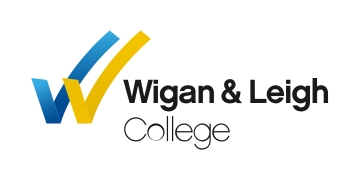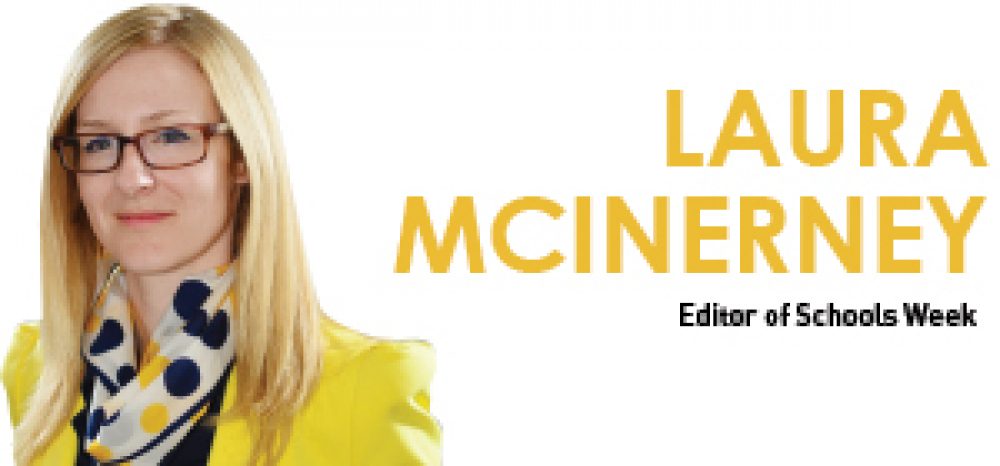As one school consults parents on regular cash contributions to boost its ailing coffers, editor Laura McInerney considers the implications
Schools are facing a grim financial situation. Planned increases in pensions and national insurance are rocketing staff costs, which are already around 80 per cent of what school budgets are spent on. Heads only have one of two options: either they start cutting staff, or they start chopping at other services, such as librarians, educational psychologists or classroom resources.
The coming crunch is not unexpected. Heads have been warning about it for some time. Back in July, school leaders bravely shared their budgets with Schools Week and listed what was on their list of cuts. Already they’d stopped trips, limited printing, changed utility bills and told teachers they could no longer replace textbooks.
What’s increasingly obvious, though, is that schools are at the end of this cash-tether. They need new sources of money.
While marketeers have long run after the ‘grey pound’ (pensioners) and the ‘pink pound’ (gay couples) as groups who will buy into products, schools are now turning to the ‘Parent Pound’ for income.
Tadcaster Grammar School has sparked media interest this time after sending home a letter last week explaining how the staffing cost changes mean finding £1,100 per teacher. Although the government will maintain the level of funding per pupil over the next five years, they will not be increasing it. As the Institute for Fiscal Studies recently said: this means schools will see an 8 per cent decrease in their budget, in real-terms.
Schools will see an 8% budget decrease in real-terms
The ‘Parent Pound’ therefore seems a marvellous way to plug the cash black hole. After all, it’s not illegal. Schools are entitled to ask for voluntary contributions, and some do already. There are some rules: sending home standing orders is a no-no as is sending requests with admission letters. (Although it doesn’t stop some). But schools can ask for regular payments. One free school reportedly secured £70,000 in its first two years, and another grammar school already asks for £60 a month from parents. Investigations by the British Humanist Association uncovered another hundred schools doing likewise.
The ‘Parent Pound’ is a rather crowded market, however. Children are ridiculously expensive. First, there’s childcare costs. Then there’s the basic stuff: like clothing and feeding them. Want a holiday? That just got a lot more expensive. Forget meals out. Even a few wagamamas and a coke is setting you back £50. And as we head towards Christmas no-one needs to be reminded of the pressure to keep up with presents.
That would be £240 a month. You can buy a Ford Mondeo in 3 years for that.
And what of those parents who have more than one child? Two working parents with one child may find £60 a month acceptable, but what of my friend who was the fourth child born to her parents in a two year period? (It’s possible, think twins). For her family that would be £240 a month. You can buy a Ford Mondeo in 3 years for that.
Using Tadcaster as an example, by the way, is just a means of raising the budget-crunch issue. It’s important to point out that all they are doing is consulting with parents, and they are by no means alone. Even as I have been writing this piece, I received a message from someone telling me they’d received a similar letter from their child’s school last week. In the past year we’ve had dozens of people get in touch over similar requests although none with a letter as blunt on the facts as Tadcaster’s.
Schools asking for parent cash is therefore both ridiculous, and sensible. If stuck and needing cash it’s sensible to ask. Especially if the alternative is firing beloved staff members or stopping the photocopiers. At the same time it’s ridiculous because it can be alienating, and because schools are already funded via tax, and because – frankly – most parents simply don’t have the cash to hand.
So it is that the school sector limps into a grim budget situation that’s getting worse and for which they are not many solutions in sight. Some efficiencies will be made, and the doors will kept open because they have to. But as the books grow old, and staff dwindle, we are also likely to see ever more letters creeping home and encouraging parents to look in their purses and wonder how many pounds they can really afford.







Parents shouldn’t be asked to pay so-called ‘voluntary contributions’. It increases the divide between advantaged and disadvantaged schools. But what parents can do is to write to their MPs expressing concern about the increased pressure on school budgets and ask for all schools to be funded adequately and fairly.
I believe in the accountability of schools to their communities. With that in mind I think it is not inappropriate for a school to talk honestly with it’s community about the funding issues being faced and work together to explore every possible solution.
I am sure that no Head, of any school, would want to be in the situation of having to send out ‘begging letters’ but, ultimately, the community needs to be aware of the range of options open to the school bearing in mind that staffing costs make up the vast majority of the cost base for a school.
Cut staff costs by increasing class sizes at KS3.
Cut staff costs by reducing the number of options available at GCSE and A level (thus being more efficient in group sizes).
Cut the support offered to students with learning difficulties (only provide a TA where it is absolutely compulsory eg. statemented hours).
Cut the number of curriculum hours that are provided to subjects with lower class sizes and move them to subjects with larger class sizes.
“Quick fixes” like reducing SLT or Middle manager posts are not actually a quick fix at all due to 3 year pay protection.
Bottom line is schools are making decisions about ‘least bad’ options.
In many high achieving education systems, including Shanghai, I’m told parental contributions towards the cost of a child’s education are common. Perhaps, if paying a contribution for education will increase the way education is perceived and valued schools should investigate this further.
Parents should ask for receipts and question what their hard earn cash is being spent on. Some schools receive parental contributions but the money does not necessarily support their children; as the FOI request found at the web link below shows.
https://www.whatdotheyknow.com/request/additional_funding_by_parental_c#outgoing-252009